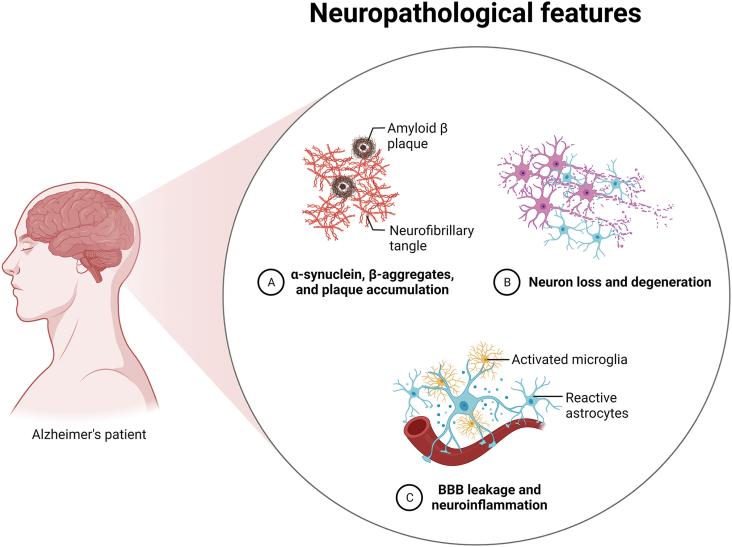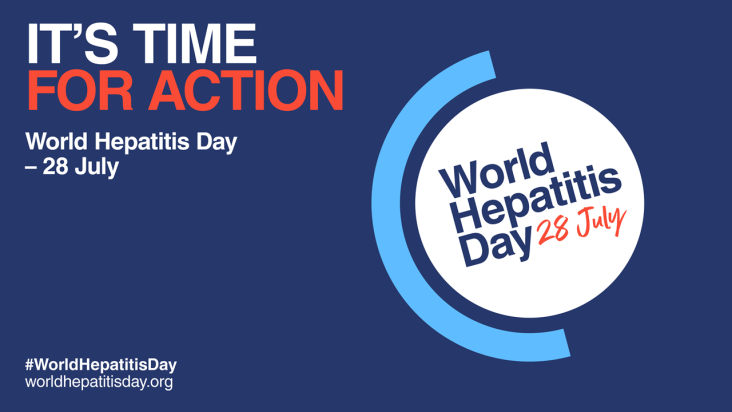To optimize the delivery of culturally safe care, health systems need to rebuild their relationship with Indigenous peoples.
The results of this study emphasize the importance of considering lifestyle aspects like sleep, physical activity, and social support when creating effective strategies to prevent depression in university students.
This study aimed to examine relationships among eating frequency, timing and time window, and cognitive performance and novel Alzheimer disease (AD) biomarkers in cognitively healthy and mildly cognitively impaired middle-aged and older adults. It concluded that an eating pattern characterized by less frequent eating and/or by earlier times is present in individuals with worse cognitive performance. The results shed light on the relevance of temporal eating patterns as potential early markers of behavioral or metabolic changes related to AD pathology.
This article provides evidence that disruption of the intestinal mucosal barrier contributes to sarcopenia and functional dependence in patients with AD. RE may be an effective therapy to strengthen the intestinal mucosal barrier, reduce sarcopenia, and improve functional performance in patients with AD.

This review provides a comprehensive overview of both conventional and novel therapeutic strategies for Alzheimer's disease (AD), highlighting traditional Acetylcholinesterase (AChE) inhibition and emerging approaches such as Butyrylcholinesterase (BChE) inhibition, Tau Protein inhibitors, and COX-2 inhibition, while also exploring the roles of endocannabinoids, cholesterol-lowering drugs, and microRNA, alongside novel research tools and current clinical trials, to offer a consolidated resource for advancing AD treatment and research.
This study found that Alzheimer’s disease neuropathological change (ADNC) is associated with gene expression changes that may impair cholesterol biosynthesis in neurones but not astrocytes, whilst levels of cortical cholesterol show a weak relationship to dementia status.
Every year, 10 million people develop dementia, most commonly Alzheimer's disease (AD), and despite limited therapies and no prevention for cognitive decline, this review offers a neuroimmunological perspective on AD progression, focusing on the role of the NLRP3 inflammasome, its brain triggers, and the potential impact of various NLRP3 inhibitors currently under investigation in preclinical and clinical trials.
The study discusses the latest developments in Alzheimer’s disease treatment, with a focus on monoclonal antibodies and aptamers. It covers the current state of therapies, recent drug approvals, and future perspectives on immunotherapeutic strategies.
This article discusses the impact of methionine oxidation on clusterin function in Alzheimer's disease, highlighting the elevated levels of MetO-clusterin in human and mouse brains affected by the disease, and how this oxidation compromises clusterin's chaperone function, potentially exacerbating beta-amyloid toxicity in Alzheimer's pathology.

